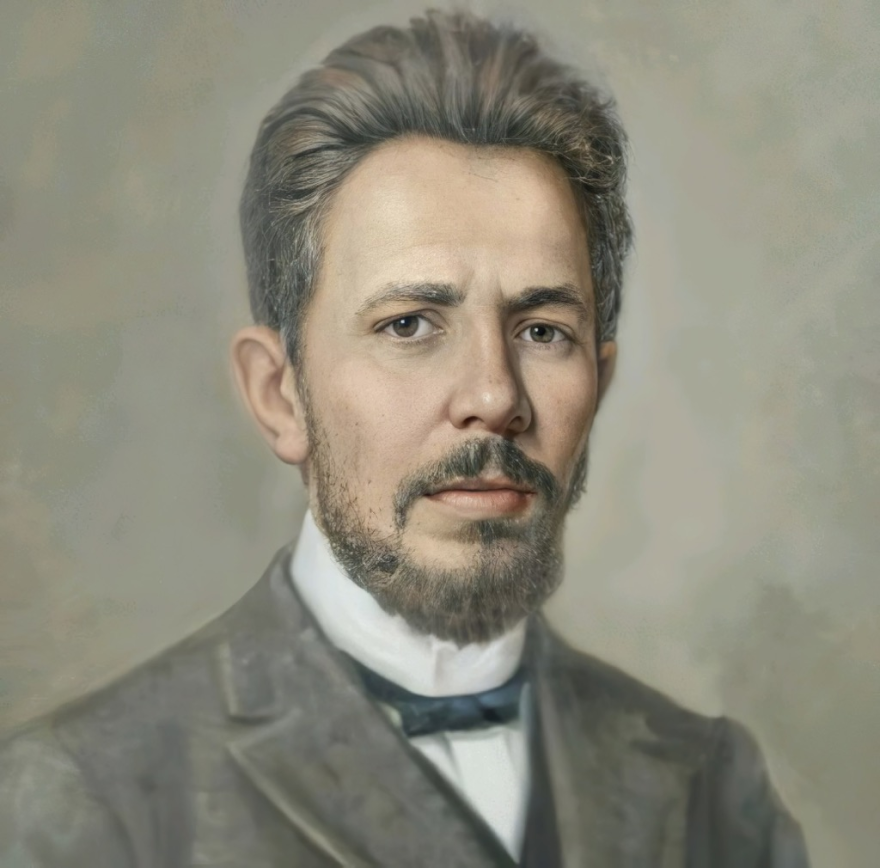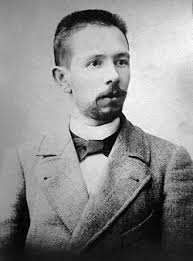In the rich tapestry of classical music, certain composers leave an indelible mark on the world with their compositions, despite their lives being tragically short. One such luminary was Vasily Kalinnikov, a Russian composer whose talent and potential were cut short by fate. Despite his untimely demise, Kalinnikov’s works continue to captivate audiences, showcasing his undeniable genius. Join us on a journey through the extraordinary life and music of Vasily Kalinnikov.
Early Life and Musical Education:
Vasily Sergeyevich Kalinnikov was born on January 13, 1866, in Voina, a small village in the Oryol region of Russia. Born into a peasant family, Kalinnikov’s talent for music was recognized early on. Despite the financial challenges his family faced, they encouraged his musical pursuits. At the age of nine, he started playing the balalaika and later joined the village church choir, where his musical abilities blossomed.
His talent soon caught the attention of Alexander Kopylov, a prominent conductor and composer, who arranged for Kalinnikov to study at the Moscow Conservatory. Under the tutelage of renowned composers such as Sergei Taneyev and Anton Arensky, Kalinnikov honed his skills and developed a deep appreciation for Russian folk music and the works of Tchaikovsky.
Career and Achievements:
Upon completing his studies, Kalinnikov found employment as a conductor, leading various choirs and orchestras. He displayed remarkable skill as a conductor, and his interpretation of Russian orchestral repertoire earned him recognition and respect.
However, it was Kalinnikov’s compositions that truly set him apart. His Symphony No. 1 in G minor, composed in 1894, brought him widespread acclaim. The symphony’s melodic richness, lush harmonies, and vibrant orchestration demonstrated Kalinnikov’s mastery of the form. With its passionate and lyrical themes, the symphony has been hailed as a quintessential example of Russian Romanticism.
Tragically, Kalinnikov’s promising career was marred by poor health. Throughout his life, he battled tuberculosis, which limited his creative output and eventually led to his premature demise. Despite these setbacks, he continued to compose, producing notable works such as his Symphony No. 2 in A major, his orchestral suite “Bylina,” and various songs and chamber music pieces.
Legacy and Influence:
Although Kalinnikov’s life was cut short at the age of 34, his contributions to the Russian musical landscape continue to resonate. His compositions reveal a profound emotional depth and a keen understanding of orchestral colors. Kalinnikov’s music, rooted in Russian folk traditions, evokes a sense of national identity and captures the essence of the Russian soul.
His works have been performed and recorded by esteemed orchestras worldwide, ensuring that his musical legacy endures. Moreover, Kalinnikov’s compositions have inspired subsequent generations of Russian composers, leaving an indelible mark on the country’s musical tradition.
Conclusion:
Vasily Kalinnikov’s life and career embody the triumphs and tragedies often associated with artistic genius. His unwavering dedication to music, despite his adversities, led to the creation of exquisite compositions that continue to enchant audiences. Though his time on Earth was brief, his works serve as a testament to the power of music and its ability to transcend limitations. Vasily Kalinnikov’s legacy lives on, reminding us of the beauty and impact that one artist’s vision can leave on the world.


Comments are closed